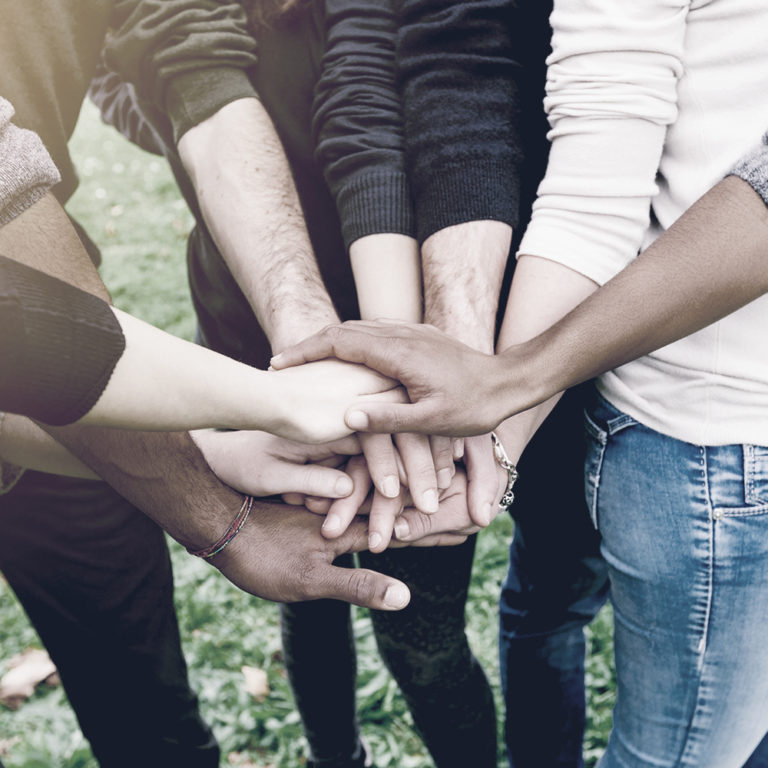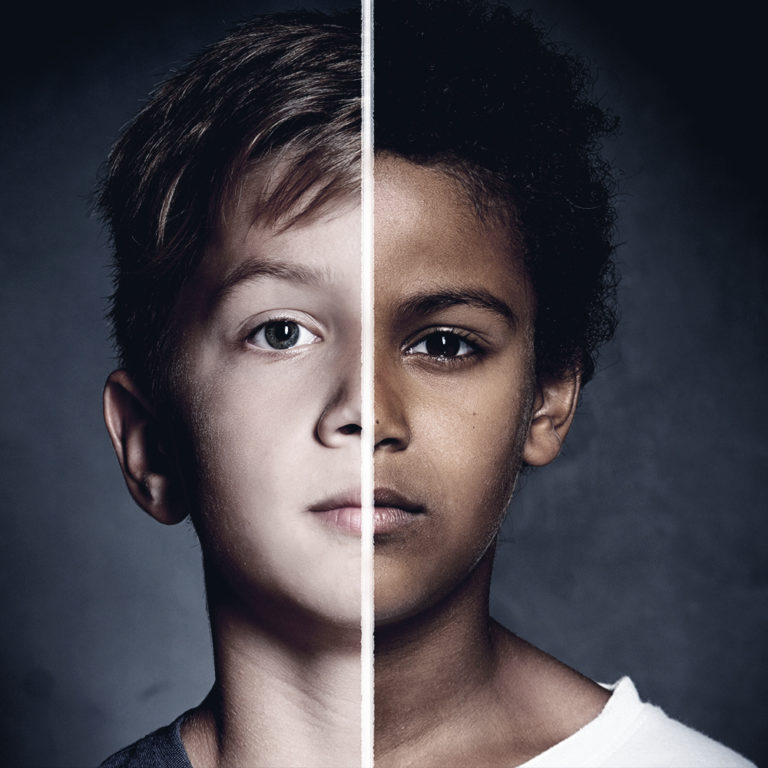Let’s face it, social media playgrounds can feel like a minefield for anyone wanting to express an honest opinion or disagree with what someone else has said.
Someone out there will disagree with you no matter what stance you are taking on what topic. And with great anonymity (that being on the other side of a computer screen provides) comes great freedom and lack of fear to say whatever you want to say however you want to say it. There is a reason why the popular news site News24 recently shut down their comments section, for example, and yes, I can see you nodding. Rule #1: Tread gently into the comments section, or just avoid it completely.
But does it have to be like that? Can we work together to help create spaces where genuine and honest dialogue can take place on topics that can be sensitive or controversial? Where opinions may differ strongly – especially when we log on and read a comment or a status, or see an article shared that we disagree strongly with and maybe even makes us angry?
Here are some ideas I hope will help us do that:
SOME SIMPLE WAYS TO “INTERNET” BETTER
Make Sure You Are Seeing What You Think You Are Seeing: The first lesson in the “How to live a Happy Life Online” course none of us gets to take, is that written words struggle to convey tone.
Sure, if someone is calling you a name or questioning your faith or species, tone can become more instantly discernible, but a lot of the time it can actually depend on your mood, your current relationship with the person who posted if you know them, the language you both use, and a number of other factors.
So a healthy first step is to ask a clarifying question: “Were you suggesting…” or “Did I hear you correctly that you think…” and so on. It helps to make sure that the message you received was the one they were intending to send because crossed wires can happen so easily when we don’t have the volume, body posture or facial expressions that accompany a face-to-face conversation.
So make sure you heard what you think you did. Then move on from there.
If you disagree strongly with something, try and clarify for yourself what you are disagreeing with: When you read a piece and get angry, it can be helpful to try and understand what exactly is making you angry. Was I angry because of the words they used? Was I angry because their message implied something about me or someone I care about? Was it simply because I think differently on the matter? Or was I angry because some jerk cut me off in traffic ten minutes ago and I arrived at my computer angry, and this really has nothing to do with the piece at all?
If you can state to yourself why you are angry or why you think differently, then it is going to be very helpful to the person you engage with in terms of them understanding where you are coming from.
Don’t make it personal: If you read something and disagree with what someone has written, then engage with what has been written. Don’t go straight to questioning the person’s motivation or their heart for a particular issue or anything that is not related to the piece. That can be the quickest way to shut down an engagement.
Once you’ve ascertained that they meant what you thought they meant, perhaps begin with something less likely to incite an argument, such as, “I read what you wrote and I see it in a different way because [list reasons]. Do you have any thoughts on that?”
I know I will respond a lot better to someone who invites me to engage with them on social media. When someone disagrees really strongly with me, but does it respectfully, we are more likely to have a healthy and helpful conversation about what we disagree about and hopefully both learn something from the other person’s stance on a matter.
Explore the inbox route. While I am a huge cheerleader of the idea that there are certainly times when a public message needs to be responded to publicly (think: Jesus and the Pharisees; Jesus and His disciples when they wanted power in heaven; Paul and Peter when he was acting hypocritically with the Jews) there is also the really helpful example given in the Bible in Matthew 18.
The first step is to approach the person one-on-one. So when you read something online that makes you angry or confused or that you are just not sure about, a great first step can be to drop the person a private email in their inbox with some questions or statements. If they don’t listen to you or respond, well, then it talks about going back to them with two or three people you trust and confronting them again. If that doesn’t work, you are to take the matter to the greater body of the church. I find that a helpful way to deal with things whether it is with Christians or non-Christians alike. It is also really helpful if you’re not 100% sure you understand them and want to start by clarifying. Sometimes it can be a simple misunderstanding or mistake of communication that can be cleared up quickly, and a fight has been avoided.
Take it offline – coffee and breaking bread: Some of my best conflict dealings have actually resulted in good friendships. I find social media a great place to start fights, but not the best of places to finish them. So, often when I have been in a huge disagreement with someone online and it starts to look like it is getting our of hand or personal or not really going anywhere, I will take it offline: “Would you like to come and have a coffee with me?’; “Come and have a meal with me and my wife, tbV (the beautiful Val)” or, “Let’s go hang out at Golden Dish late at night and wrestle this out over a gatsby.”
As I said, those times when people have taken me up on that, have led to some of my strongest and best friendships. Because when you hang out with me, you will hopefully be able to see past whatever we are disagreeing about, and realise that I am someone who passionately loves God and people and is really trying to work towards being part of creating a better country for us all. There are times online when I get tired (as someone who engages a lot online) and so might occasionally end up being sarcastic or losing patience with someone and respond in a way that is not the best.
So take it offline. Break bread with me and let’s really try and listen to each other and hear what the person is saying. And you know what – we don’t have to agree. We can leave a conversation both still strongly believing the things we believe and hopefully the fact that we stopped and listened and really tried to understand the other side of the argument might even have strengthened our beliefs in our own.
Test the spirits. Hold on to the good. Avoid every kind of evil: We read that in the Bible in Thessalonians, but it is good advice for everyone. Any time we read a piece (or hear a sermon or podcast) we should be asking, “What is true in this for me?” and then cling to that truth. But anything that is not true, we should be able to let go and not get too bothered by. I believe God gave us a brain (Love the Lord your God with all your mind, the Bible says] and He wants us to use it. This is a helpful skill to build up, especially as different writers and speakers will sometimes get it right and sometimes get it wrong.
Lastly, and this feels like an important one, know that not every message written is addressed to you: I see people reading a piece on the need to help the poor and they get so defensive and list all the things they are doing and get angry that someone could make a blanket statement and so on. But if you were doing the testing I spoke about above, you would have quickly realised, “Oh, this piece is not for me” and moved on. Not every message written (and probably not any message written) will be as relevent for everyone who reads it. So we need to learn what is for us and what isn’t.
DISAGREE BETTER
I hope you found that helpful. If so, you might want to share it on your social media platforms to help other people be exposed to it as well. Having different opinions and disagreeing on significant issues can be super helpful in terms of helping us to learn and grow together, but if it erupts into a heated argument or if people feel attacked and leave immediately, then we can miss out on that.
We need to learn to disagree better. And then to move the important conversations we have online offline and also see them move us into action.
Happy disagreeing!



 GET YOU TO THE FEST
GET YOU TO THE FEST






